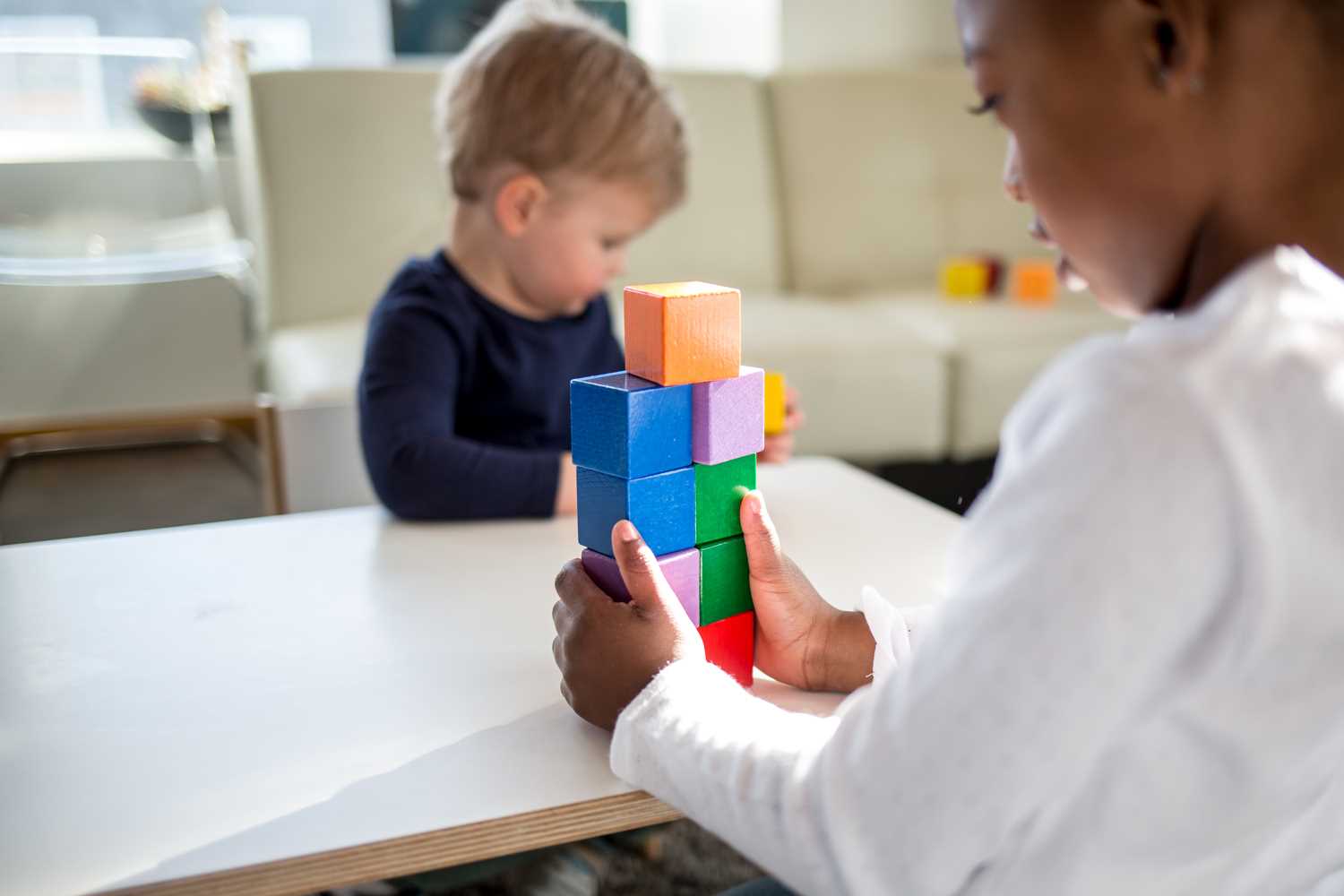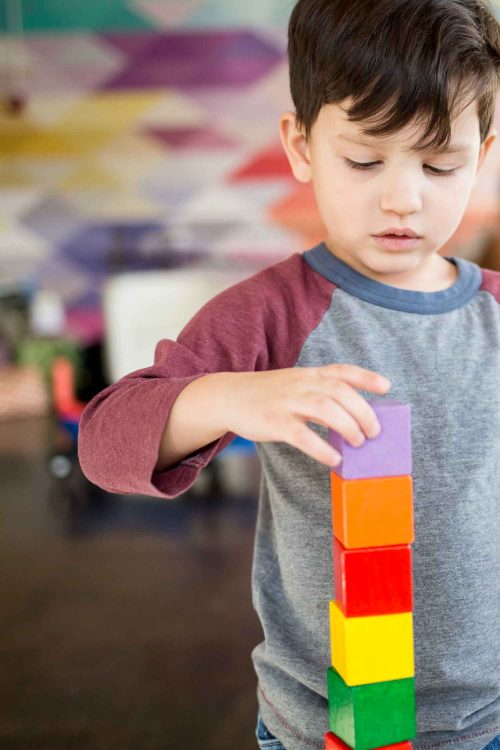What should I do as a parent?
If your child has a speech regression or developmental regression, or if you are concerned about their development, you should seek help. Talk to your pediatrician or if you live in the Colorado area, you can call a specialized healthcare provider like Soar.
For families interested in Soar, we have a team of clinicians available to help now. Our child psychologist specializes in evaluations for autism and is covered by most insurance plans. We also have a multi-disciplinary team that provides integrated therapy for children. Call us at (720) 706-3396 or text us via the chatbot on our website.
If you’re wanting to learn more, you can also take an online screening test for autism here on our website.
Most importantly, there is a wide body of research that shows the importance of early child development and acting early. Acting early makes a difference for kids!




